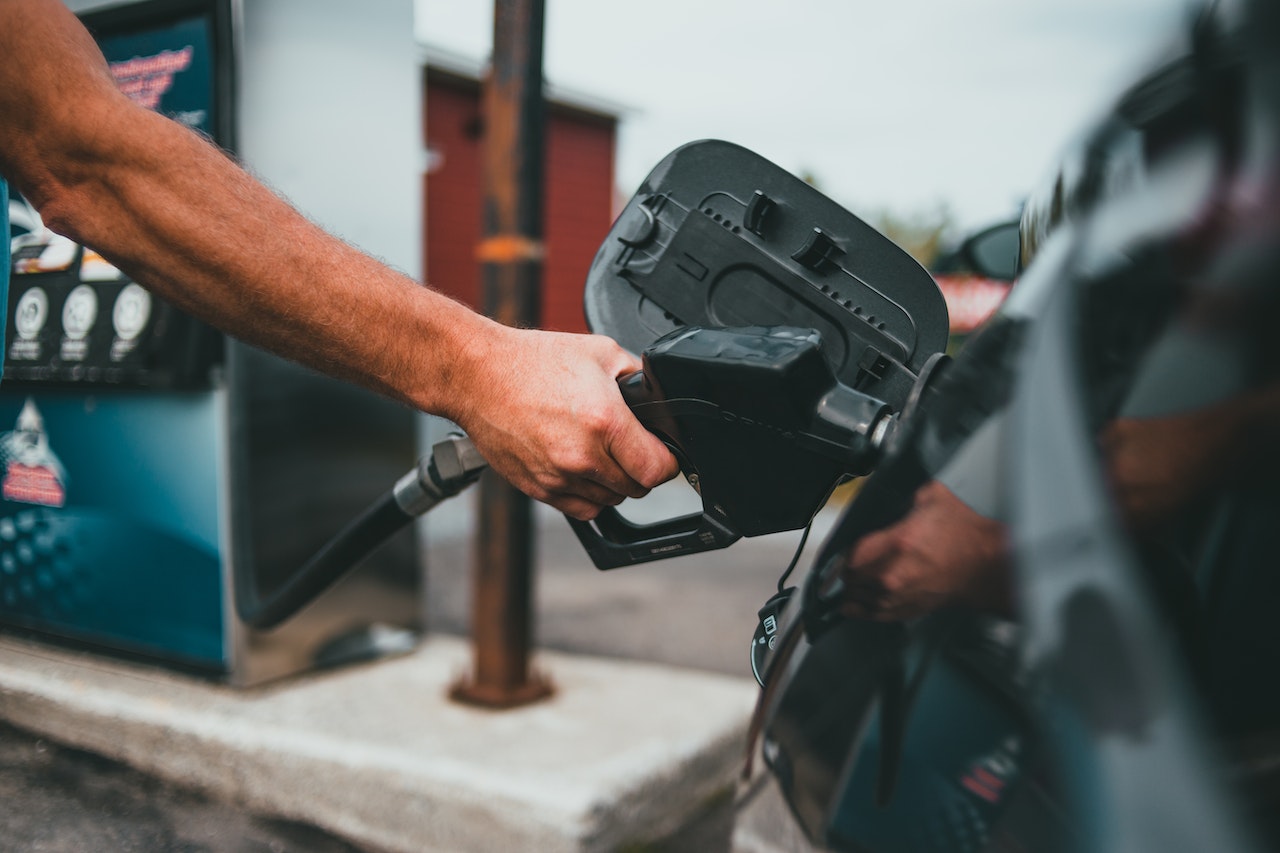Fuel efficiency is a topic of increasing importance in today’s world. As fuel prices rise and environmental concerns grow, understanding how to maximize your vehicle’s fuel efficiency is not only beneficial for your wallet but also for the planet. In this blog post, we will demystify the concept of fuel efficiency and provide you with practical tips and strategies to save money at the pump. From proper vehicle maintenance to smart driving habits, we’ll explore the key factors that contribute to fuel efficiency and help you make informed choices to optimize your fuel consumption.
- Understanding Fuel Efficiency
Before we dive into fuel-saving techniques, it’s essential to understand what fuel efficiency means and how it is measured. We’ll explain the concepts of fuel economy, MPG (miles per gallon), and how different factors, such as vehicle type, engine size, and driving conditions, can affect fuel efficiency. By gaining a clear understanding of these basics, you’ll be better equipped to make informed decisions about your driving habits and vehicle choices.
- Vehicle Maintenance: Keeping Your Car in Optimal Condition
Proper vehicle maintenance plays a significant role in maximizing fuel efficiency. We’ll explore the essential maintenance tasks that can positively impact your vehicle’s fuel consumption, such as regular oil changes, air filter replacements, tire maintenance, and engine tune-ups. By keeping your vehicle in top condition, you can ensure that it operates efficiently, reducing unnecessary fuel consumption.
- Tire Care: The Foundation for Fuel Efficiency
Tires are often overlooked when it comes to fuel efficiency, but they play a crucial role in how efficiently your vehicle operates. We’ll discuss the importance of maintaining proper tire pressure, choosing the right tire type, and regularly rotating and aligning your tires. These practices not only enhance fuel efficiency but also improve handling, safety, and tire longevity.
- Fuel-Saving Driving Techniques
Your driving habits have a significant impact on fuel consumption. We’ll share a range of fuel-saving driving techniques that can help you reduce fuel consumption and save money at the pump. From smooth acceleration and deceleration to avoiding excessive idling and maintaining a consistent speed, implementing these strategies can make a noticeable difference in your fuel efficiency.
- The Weight Factor: Minimizing Excess Load
Carrying unnecessary weight in your vehicle can lead to increased fuel consumption. We’ll discuss the importance of decluttering your car and removing any unnecessary items that add extra weight. Additionally, we’ll provide tips on how to pack efficiently for long trips to minimize the impact on fuel efficiency.
- Route Planning and Trip Consolidation
Planning your routes and consolidating trips can significantly contribute to fuel efficiency. We’ll explore the benefits of using GPS or navigation apps to find the most fuel-efficient routes, avoiding traffic congestion and excessive idling. Moreover, we’ll discuss the advantages of combining multiple errands into a single trip, reducing overall mileage and optimizing fuel consumption.
- Embracing Technology: Fuel-Saving Features and Apps
Modern vehicles are equipped with advanced technologies designed to improve fuel efficiency. We’ll discuss features such as eco-driving modes, automatic start-stop systems, and hybrid or electric powertrains. Furthermore, we’ll highlight smartphone apps that provide real-time feedback on fuel efficiency, helping you monitor your driving habits and make adjustments for optimal fuel economy.
- Fuel Options: Making Informed Choices
Choosing the right fuel for your vehicle is another important consideration for fuel efficiency. We’ll explain the differences between gasoline grades, the benefits of using premium fuels in specific vehicles, and the pros and cons of alternative fuel options such as diesel, electric, and hybrid vehicles. Understanding these options will enable you to make informed decisions based on your vehicle’s requirements and your environmental priorities.
- Maintaining a Fuel-Saving Mindset: Long-Term Habits
Achieving optimal fuel efficiency goes beyond short-term adjustments. It requires adopting a fuel-saving mindset and incorporating long-term habits into your driving routine. We’ll delve into the importance of planning ahead, avoiding aggressive driving behaviors, and practicing patience on the road. By embracing these habits, you can cultivate a more fuel-efficient driving style that not only saves you money but also reduces your carbon footprint.
- The Future of Fuel Efficiency: Innovations and Trends
The automotive industry is continually evolving, with new innovations and technologies aimed at improving fuel efficiency. We’ll explore emerging trends such as lightweight materials, aerodynamic designs, and advancements in hybrid and electric vehicles. Additionally, we’ll discuss the potential impact of autonomous driving and smart infrastructure on fuel efficiency in the future.
Conclusion
Fuel efficiency is a critical aspect of responsible and cost-effective vehicle ownership. By implementing the strategies outlined in this blog post, you can take control of your fuel consumption and save money at the pump. Remember, fuel efficiency is a combination of proper vehicle maintenance, smart driving habits, and informed choices. By understanding the factors that affect fuel efficiency and making conscious decisions, you can make a significant impact on both your wallet and the environment.
So, start implementing these fuel-saving techniques today. Maintain your vehicle regularly, optimize your driving habits, and stay informed about advancements in fuel-efficient technologies. By doing so, you’ll not only save money on fuel costs but also contribute to a cleaner and more sustainable future.
Let’s drive smarter, save fuel, and make a positive difference—one mile at a time.

